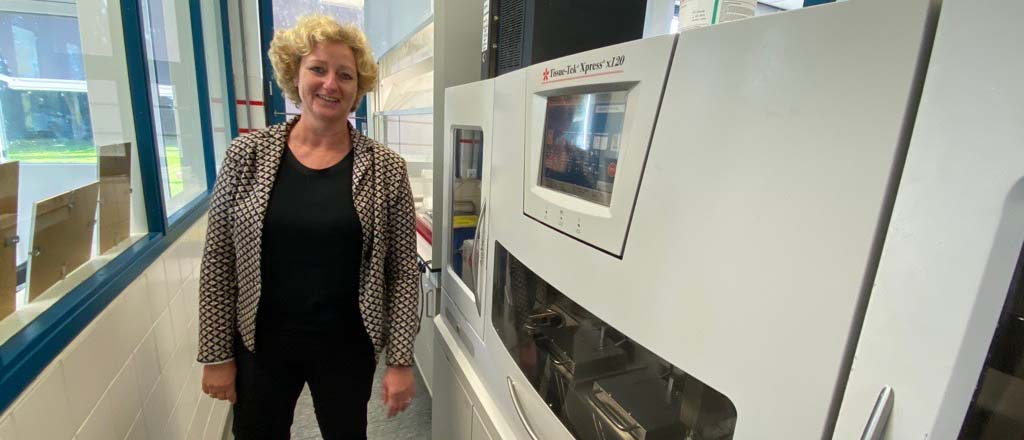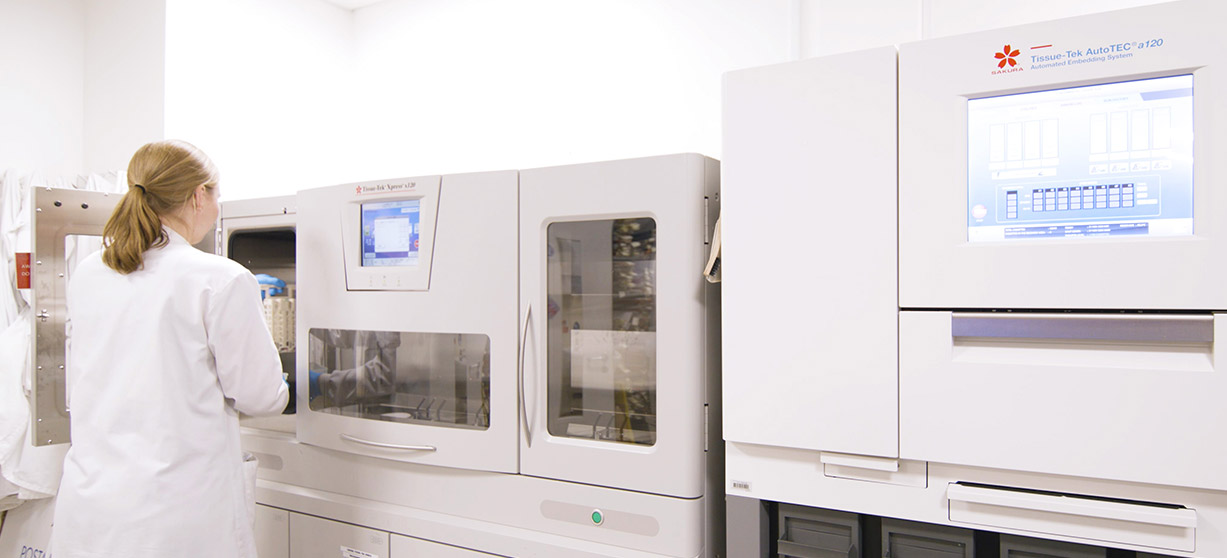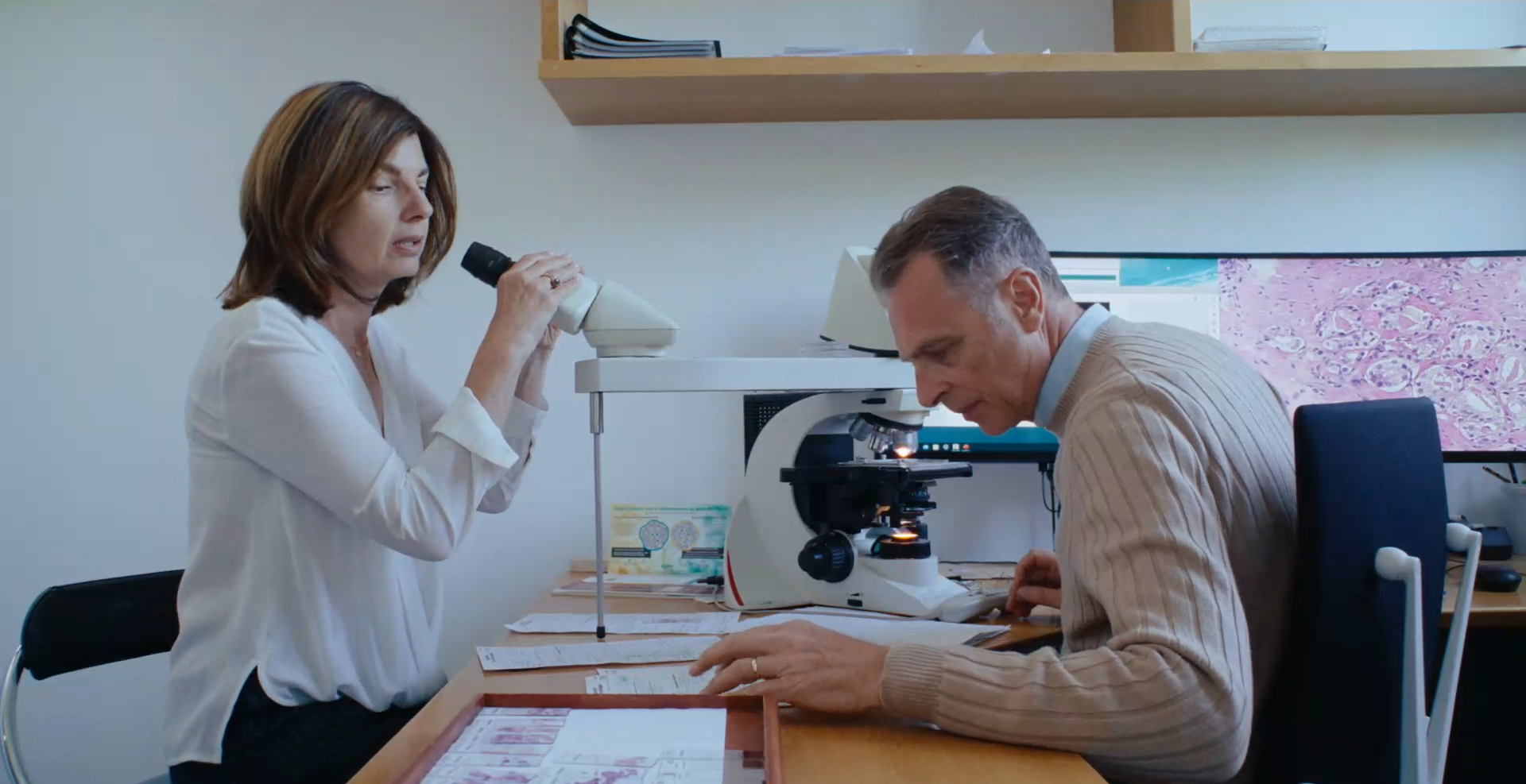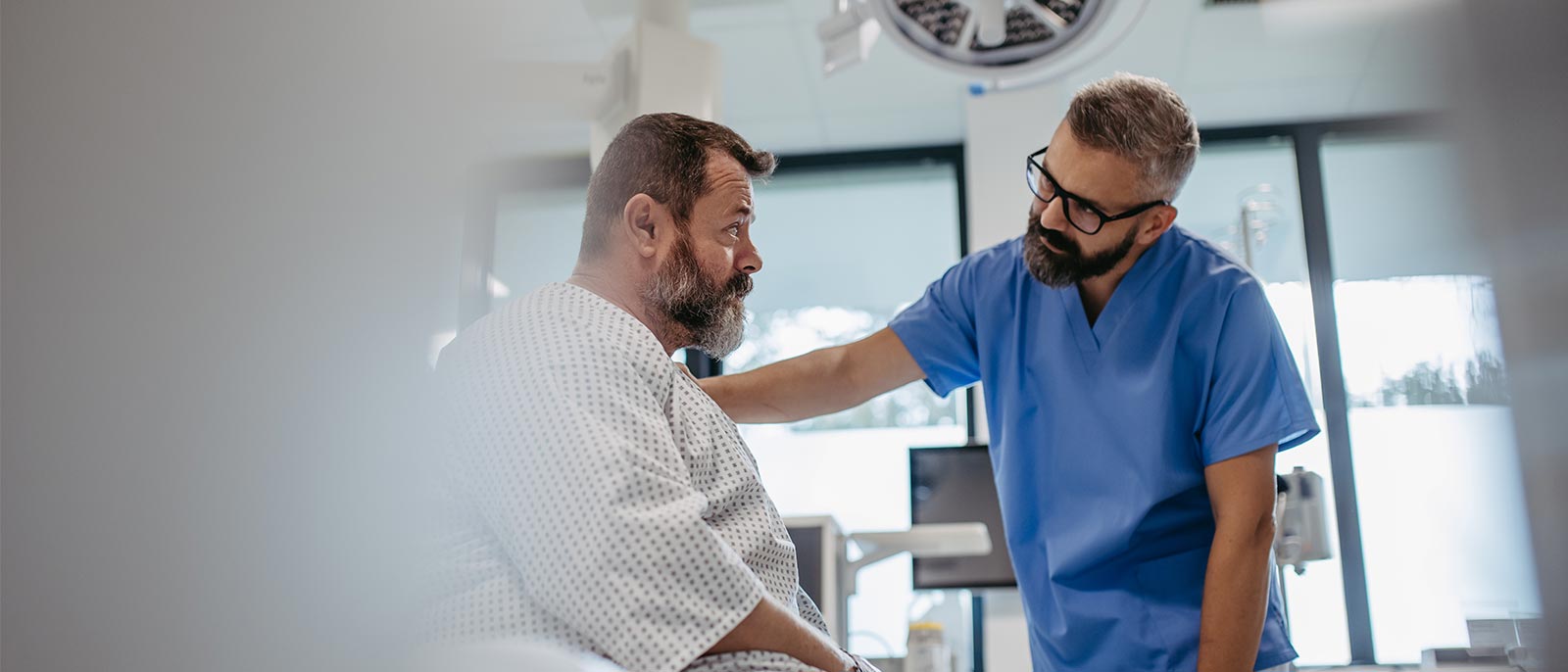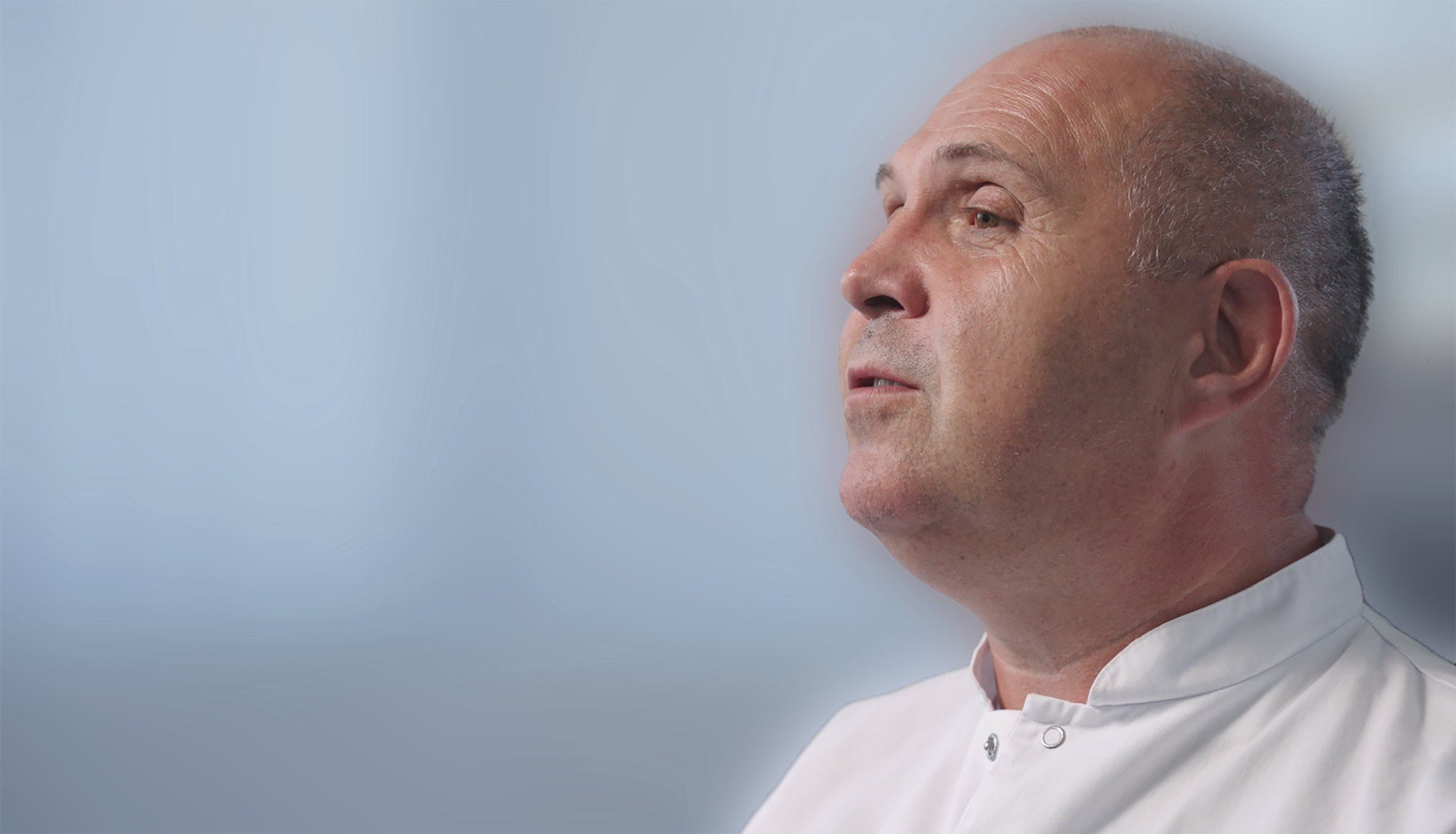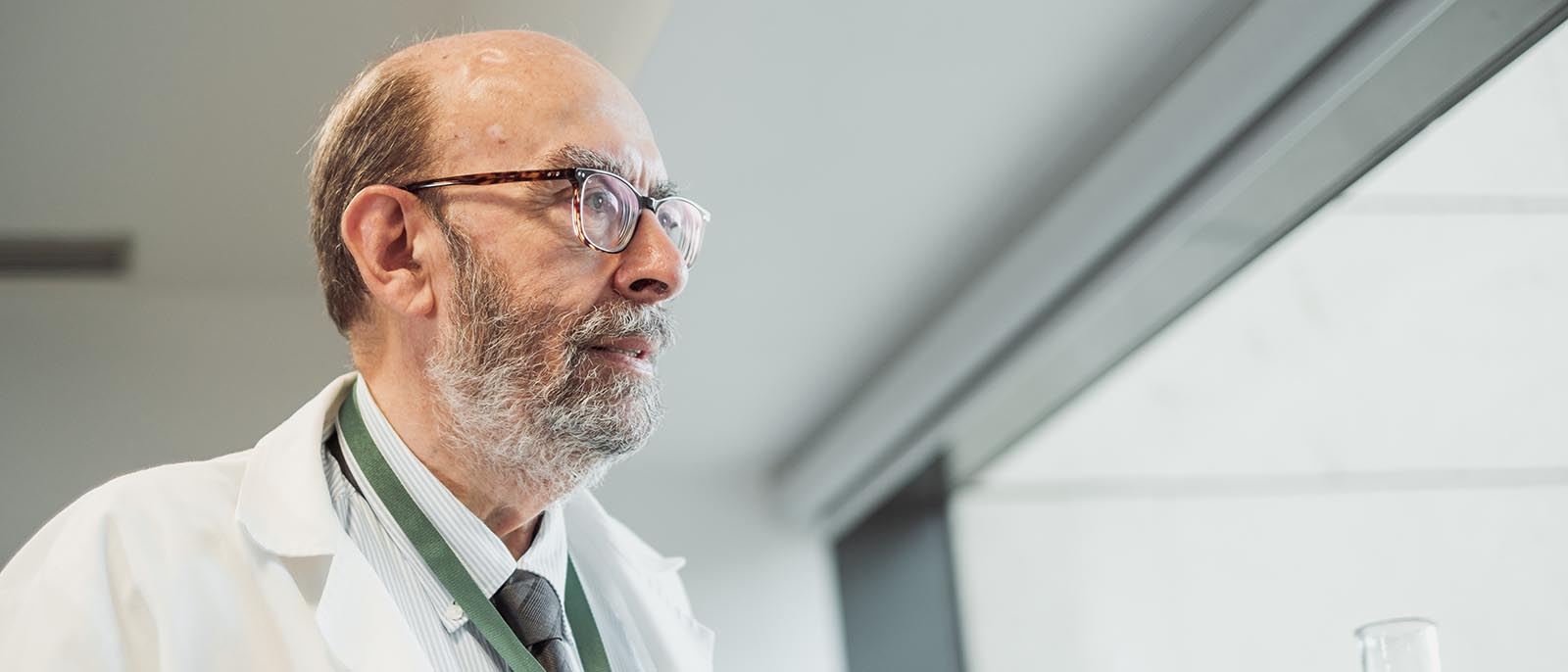The Sakura instrument has proven itself as irreplaceable to the laboratory: "The amount of specimen grew 23% to 800 tissue materials in the last ten years, while we meet our deadlines. All thanks to the continuous workflow the Xpress x120 produces", team leader Anja ten Berge says proudly.
"The workload is never-ending" and "Help! I've lost track!" - these were familiar words, often heard in the large-sized laboratory in the northern part of the Netherlands. The implementation of the Tissue-Tek Xpress x120 changed that mood in the lab: "Before installation, our technicians were challenged to meet their goals", Anja ten Berge looks back. Then she continues, "After adoption, that mood completely changed. The morning peak has been reduced to the minimum, and technicians know what to do without backlogs. Stress and panic changed into peace and comfort. We process most slides within a day. Our maximum turnaround time is 28 hours for any H&E and IHC, including overnight runs for fatty tissue. Including six-hour fixation."
The successful implementation is not standing on its own. The lab has been drastically adjusted to the smallest logical batch size and creates that real continuous workflow throughout the entire lab. The installation of the Tissue-Tek Xpress x120 and changing the workflow affected all lab stages. That starts with reception who sorts tissue samples in three ways for optimal process through the tissue processing:
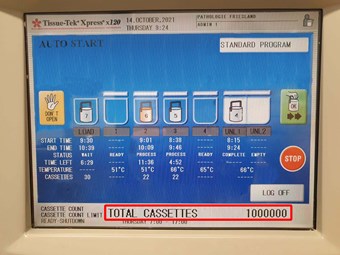
- The mainstream processing works via the Tissue-Tek Xpress x120 (tissue samples cut up to 2mm are run on the short protocol of 1.5 hours).
- Two Tissue-Tek VIP®’s are used for manual overnight embedding. One is for bigger tissue.
- The rest, mainly fatty tissue and tissue for molecular testing, is processed on a second Tissue-Tek VIP for an overnight run of 13 hours.
Laboratories' layout changed
In addition to the early selection by reception, also the layout of the laboratory has drastically been reviewed. Anja remembers: "We did some reconstruction to create an open space centred around embedding, microtomy, H&E staining and scanning. Tissue processing is in an adjacent room close to cutting, and IHC staining is adjacent to our scanners. With this open space, staff easily circulate during the day, and our two manual embedding stations are staffed throughout the day. The day starts at two embedding stations. Halfway through the day, processed material from the VIP or x120 gets embedded in the embedding station. Our five cutting stations are set up in a standardised way so any operator can work at any station at any point in time, reducing set up time and giving flexibility for operating the stations."
Even the logistics of collecting samples from different hospitals/clinics were reviewed for further optimisation. This resulted in the smallest logical batch sizes for this to work throughout the whole day.
Equally shared workload during the entire day
That whole lab set-up has created a very calm and efficient work environment where the staff gained efficiency by circulating the team, so the working hours per process step are limited and changed on a regular schedule. This, combined with the accessible overview of the lab, straightforward communication, and continuous flow of work throughout the day, makes it easy for the team to handle variations in the workload completely, avoiding any backlogs. In this way, technicians equally share the heavy work, and all employees know their assigned responsibilities throughout the day. The teamwork in enabling all changes combined with the lead of a visionary lab management team resulted in this crucial workflow improvement. Therefore, the lab could increase productivity and meet rising testing demand without increasing the number of technicians.
EMTTM0016EN Rev. 01
